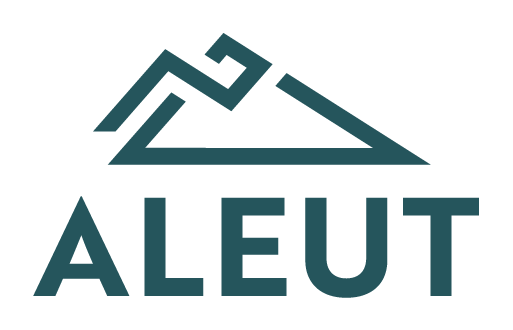With Congress again taking up legislation that could open the Arctic National Wildlife Refuge (“ANWR”) to oil development, many Native Corporations are again discussing the issue of whether revenue from ANWR should be shared under Section 7(i). The Aleut Corporation (“TAC”) takes the topic of Section 7(i) revenue sharing very seriously.
Section 7(i) of the Alaska Native Claims Settlement Act (“ANCSA”), enacted by Congress in 1971, requires Regional Corporations to share among themselves, “seventy percent of all revenues received by each Regional Corporation from the timber resources and subsurface estate patented to it pursuant to [ANCSA].” Other sections of ANCSA require that a portion of the amount that each Regional Corporation receives under Section 7(i) be shared with its at-large shareholders and Village Corporations.
If you own at-large shares (which were shares issued to an original TAC shareholder who didn’t enroll in a Village Corporation), you receive an additional dividend every year from a portion of the Section 7(i) revenue sharing received by TAC. If you are a TAC shareholder with shares issued to an original shareholder enrolled in a Village Corporation, your Village Corporation receives a portion of the Section 7(i) sharing received each year by TAC. Village Corporations then have the discretion to use those funds as they so choose, including operations, investments, or dividends.
The language of Section 7(i) is so vague that some Regional Corporations, including TAC, had to mount legal challenges to make sure revenues were properly being shared by other Regional Corporations under Section 7(i). Eventually, in 1982 the leadership from all twelve regions agreed to a settlement aimed at resolving disputes on how to calculate the amount of revenue to be shared under Section 7(i). Known as the Section 7(i) Settlement Agreement, the settlement was approved by the board of each of the twelve Regional Corporations. One section of the Section 7(i) Settlement Agreement says if surface estate is exchanged for subsurface estate, revenue from the subsurface estate received in the exchange does not have to be shared.
In 1983, the Arctic Slope Regional Corporation (“ASRC”) entered into a land exchange agreement with the U.S. Department of Interior, exchanging land in Gates of the Arctic National Park for subsurface estate in ANWR. The agreement prohibited production of oil and gas, or development leading to production, on the lands acquired by ASRC until Congress opened ANWR to oil production.
After the other Regional Corporations learned of the ASRC/ ANWR land exchange in 1985, three of them, including TAC, brought a legal claim to require ASRC to share any revenue it receives from its lands in ANWR with the other Regional Corporations under Section 7(i). The claims were brought in arbitration as required under the Section 7(i) Settlement Agreement. In 1989, the arbitration panel ruled that the land exchange was a straight surface-for-subsurface land exchange and that under the Section 7(i) Settlement Agreement ASRC did not have to share revenue it receives from its land in ANWR with the other Regional Corporations. The decision is binding on all Regional Corporations, regardless of whether they participated as parties in the arbitration.
If Congress votes to open ANWR to oil development now, ASRC will be able to develop its land in ANWR for oil and gas and, under the 1989 arbitration decision, it will not be required to share any revenue it receives from its lands in ANWR with the other Regional Corporations under Section 7(i).
Since the arbitration decision came down in 1989, individual shareholders of other Regional Corporations have twice brought legal actions to force sharing of ASRC’s ANWR revenues – without success. To date the courts have also refused to allow Village Corporations to force Regional Corporations to share revenue under Section 7(i). With Congress again taking up the issue of opening ANWR, some Regional Corporations and Village Corporations are renewing the claim that the revenue ASRC receives from ANWR should be subject to sharing under Section 7(i). The claim presents numerous legal and political challenges that the TAC Board and Management continue to track closely and maintain open communications on with all of the other Regional Corporations.
The Aleut Corporation Board and Management are committed to proceeding in a way that best protects the interests of all TAC shareholders.
We will continue to monitor this situation and provide updates as the situation develops.
